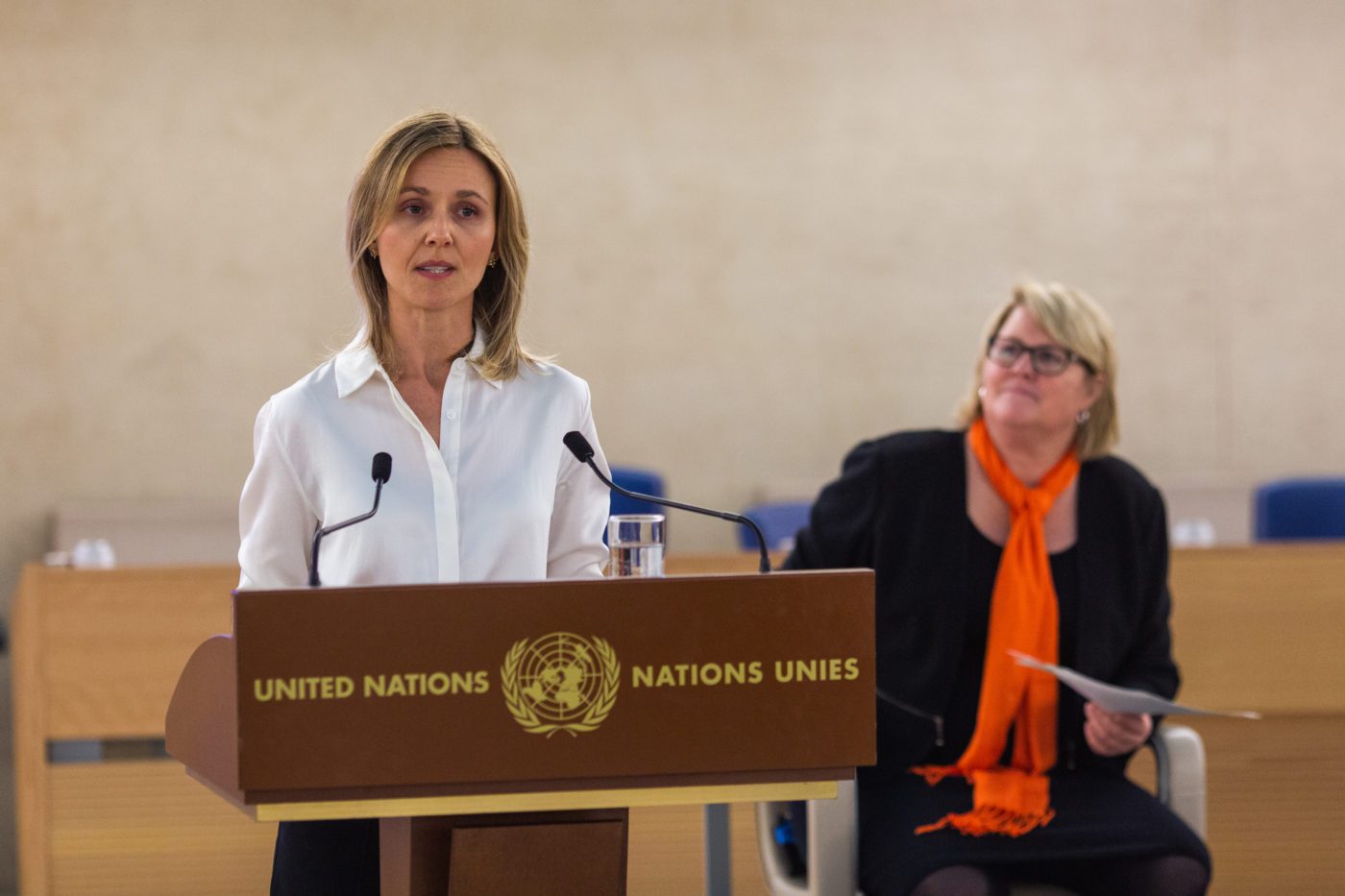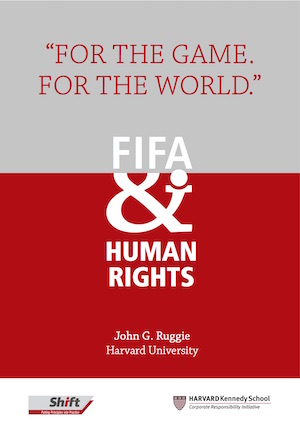The Centre for Sport and Human Rights (CSHR) is the leading organization advancing a world of sport that fully respects and promotes human rights. Shift is the leading non-profit centre of expertise on the UN Guiding Principles on Business and Human Rights. Our joint role in this process was to provide expert advice to the Human Rights Working Group (WG) on relevant human rights standards and their implications for World Athletics’ operations.
We would like to acknowledge the significant effort made by all the members of the WG to build their knowledge of human rights over the past several months and apply this to develop fit-for-purpose recommendations intended to improve and future-proof their sport. Throughout this process, we have sought to act as ‘critical friends’ to the WG. We have appreciated the robust, but always constructive, dialogue we have had with the WG under the leadership of its Chair. In our view, the WG’s final report contains a set of realistic recommendations that can help WA meet growing stakeholder expectations, as well as authoritative international standards, on human rights. Our intent in making this independent comment is to put particular emphasis on some aspects of the WG’s recommendations that we believe are fundamental to a credible approach to managing human rights risks by any sports organization, and which should therefore be at the core of WA’s implementation efforts. Without them, the overall logic of the WG’s recommendations would risk being undermined.
Before turning to our specific comments, we want to put them in the context of broader developments on sport and human rights. There has been a significant and rapid evolution in the last few years in how sports bodies are expected to manage their impacts on people. States, commercial sponsors and broadcasters, fans and consumers, NGOs, trade unions and – crucially – athletes themselves increasingly expect sports governing bodies to have robust policies and processes in place to prevent and address harm to people in connection with sport. This is essential if we want to maximize the promise of positive outcomes for people that sport offers.
Sports bodies need to put these ‘human rights due diligence’ processes in place across their three main spheres of activity – as employers and procurers of goods and services, as owners or convenors of major competitions, and in their governance roles for sport at large. Both Shift and CSHR have practical experience in supporting sports bodies, and in working together with other stakeholders, to implement these new expectations. We have seen first hand how the pace of this change can be challenging for any organization to grapple with. Yet we have also seen that sports bodies that can get ahead of these evolving expectations are the ones best prepared for future challenges.
Stakeholders already expect sports bodies to meet a higher standard of due diligence in key areas, including in proactively tackling harassment and other forms of harm to athletes, in building and using leverage to mitigate human rights risks connected to the hosting of major competitions, and in integrating greater athlete voice and representation into their decision-making. The same human rights due diligence processes that sports bodies need to adopt to manage these challenges can also help inform their approaches to new and emerging human rights issues.
It is in that light that we welcome the WG’s recommendations. They propose a series of steps that can help strengthen WA’s existing human rights efforts (which the WG has described as relatively piecemeal and fragmented to date), and set an appropriate foundation for recognising and acting on the full scope of WA’s responsibility to respect human rights in the future. We recognise that these recommendations rightly leave some discretion to WA in how to implement them; at the same time, it is important to protect key elements that will be essential to the credibility of any future approach.
In our view, five elements in the WG’s recommendations that require particular emphasis are:
- Adopting a clear and unequivocal commitment to recognizing WA’s responsibility to respect human rights, in line with the authoritative standard of the UN Guiding Principles on Business and Human Rights;
- Embedding access to human rights expertise into WA’s own operations (and specifically expertise in the relevant international standards);
- Carrying out meaningful engagement with stakeholders who are or may be affected by WA’s decisions, or with credible proxies for their views where direct engagement is not possible;
- Prioritizing the most severe risks to people that WA may be connected to for attention and effort, including considering WA’s role in enabling remedy where harm has occurred;
- Providing a timeline for, and transparency about, the steps WA is taking to meet its commitment to respect human rights, including a regular review of its progress against each of the recommendations, informed by appropriate human rights expertise.
We hope that Council will welcome the recommendations in their entirety and we look forward to WA’s next steps on this important agenda.
In July 2020, the World Athletics’ Council appointed a Human Rights Working Group. The Working Group was tasked with developing a human rights framework for the organization and making any recommendations to further implement human rights at World Athletics. The eight-member Working Group was supported in its analysis by the Centre for Sport and Human Rights and Rachel Davis of Shift on relevant human rights standards and their implications for World Athletics’ operations.
In July 2021, the Working Group presented its report to the WA Council and in November, the WA Congress approved the WG’s final report and released the report’s Executive Summary publicly. The comment above was included at the end of the report.


